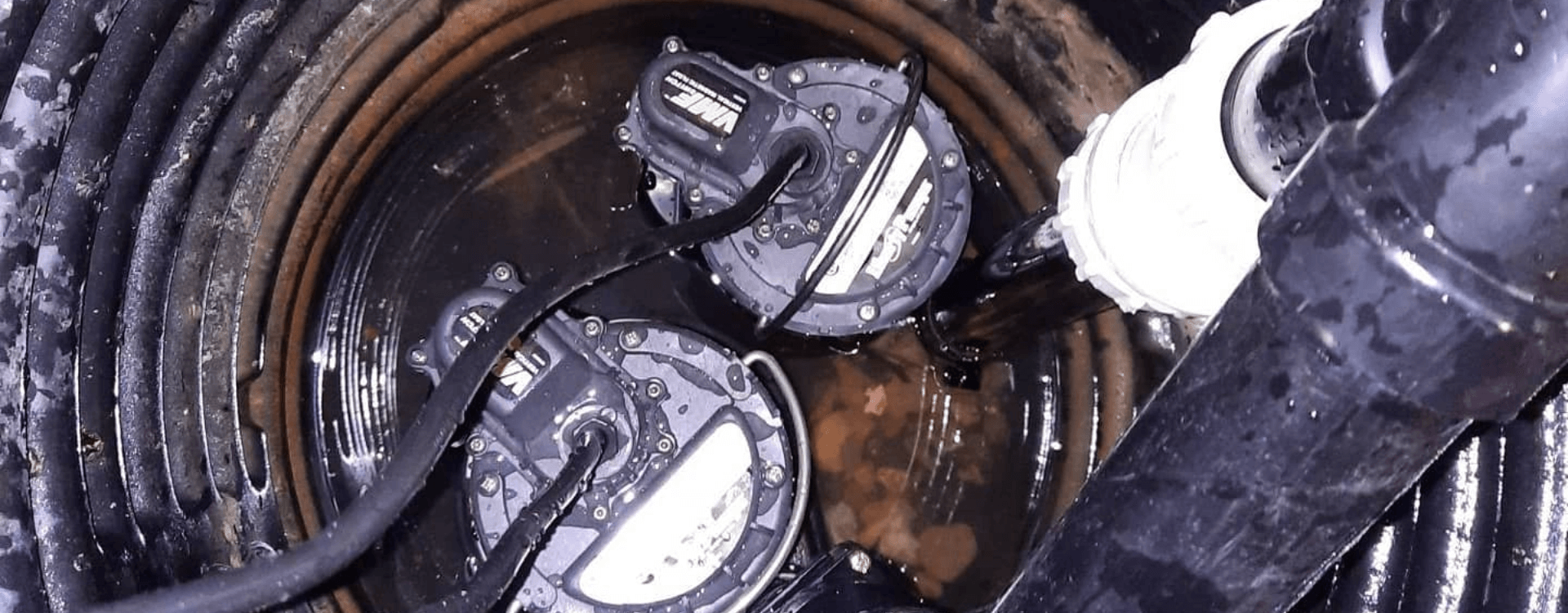Just because you’re away on vacation doesn’t mean you don’t stop thinking about or needing to take care of your house. Here are 5 tips to make sure your home is safe from electrical issues while you are gone.
Unplug
Even when your devices are turned off, they still use up power and electricity and could be subject to surges and shorts. By unplugging your devices, specifically things like your TV, computers, lamps, and more you will save money on electrical use and protect from any potential fire hazards. Unless you want a stinky mess when you come home, you probably should leave your fridge plugged in, but you could always turn down the settings slightly.
Hot Water Tank
Another way to reduce your costs and power usage while you are away is to turn down the temperature on your water heater. Even though you are not using your hot water while on vacation, the water will cool on its own which will kick in the heating process of your tank. Most hot water tanks have a setting on them called ‘vacation’ or ‘away.’ Simply find the temperature knob or panel, and set it to the vacation temperature which is usually just above the pilot setting. Why heat your water when you won’t be using it?
Temperature Settings
Don’t leave the temperature turned up high or the AC turned on at all when you are away. If you’re traveling in the winter, you will have to leave the heat on, but the temperature can be much lower than if you were at home to keep your pipes from freezing and bursting. As well, if you are away in the summer, there is no need to keep your air conditioning on at all. You can cool your house down again when you come home. If you have pets you can’t take with you, consider having someone else look after them at their home.
Programmable Lights
At night, we want some lights on in our house, so it looks like people are at home. There are devices we can get so we can program our lights, inside or out, to come on at a particular time. Timed lights will work to reduce our electrical costs. You could also look into smart lights, either builds or fixtures which you can control from your smartphone and turn on and off wherever you are.
Check-In
Lastly, have a friend, family member, or neighbor check in on your house every few days while you are away. Someone walking around your home and property could notice a problem before it becomes severe. Some insurance companies require that someone check on an empty house for the coverage to still be valid in case of an emergency.



